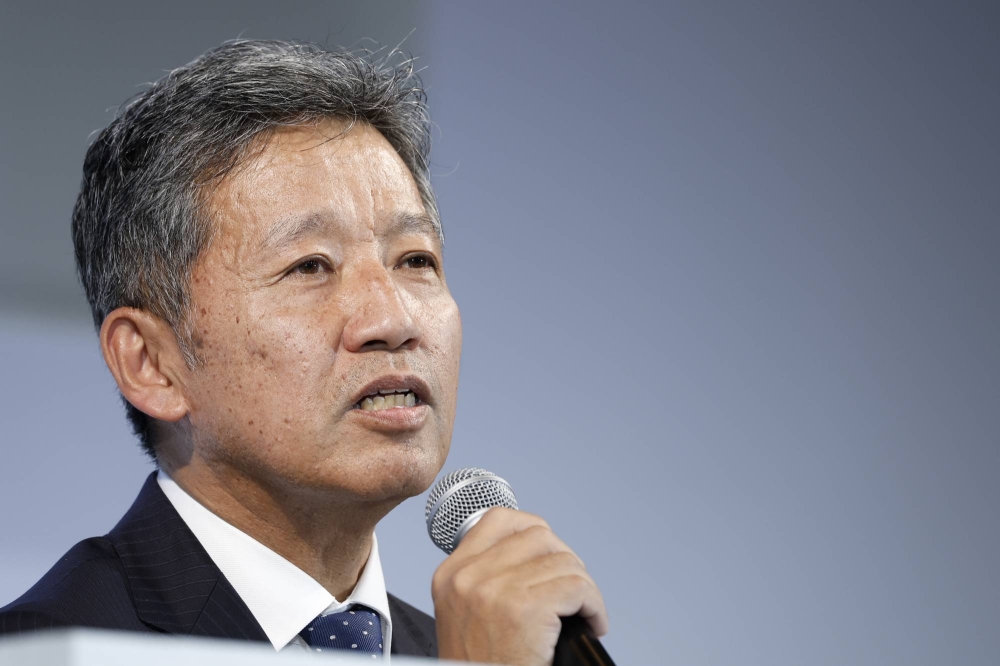Daihatsu President Masahiro Inoue said he sees South America and Africa as growth markets for compact cars made by the Toyota subsidiary.
Inoue, who took over in March after leading Toyota’s operations in Latin America, pointed at strong demand for compact cars in those emerging markets due to their prevalence of narrow roads. Near term, however, Inoue said he’s focusing on preventing a recurrence of certification scandals by the company last year.
Inoue is seeking to restore Daihatsu’s reputation after it was forced to halt all vehicle shipments when an internal probe found decades of irregularities in its safety certification results. At the same time, he’s looking for new sources of growth to build on the carmaker’s reputation as a manufacturer of small, affordable cars.
“Latin America and Africa are where the space (for growth) is as Southeast Asia is becoming quite saturated,” Inoue said in a group interview Monday. “Daihatsu’s high-quality, low-cost manufacturing is so well matched to emerging markets that we can throw a fastball right down the middle of the strike zone.”
Many countries want to produce cars locally, helping to creating employment, he added.
For the domestic business, which accounts for about half of Daihatsu’s production and sales, Inoue said sales of small and affordable kei mini vehicles will probably remain around 1.85 million units annually for the next three to five years.
Still, the kei car market may shrink in the long run as Japan faces the challenges of a declining birthrate and aging population. It’s hard to make money from smaller vehicles, and Daihatsu is able to avoid losses thanks to sales of service parts and car accessories, he added.
“It might be better to compensate by venturing into overseas markets,” Inoue said.

